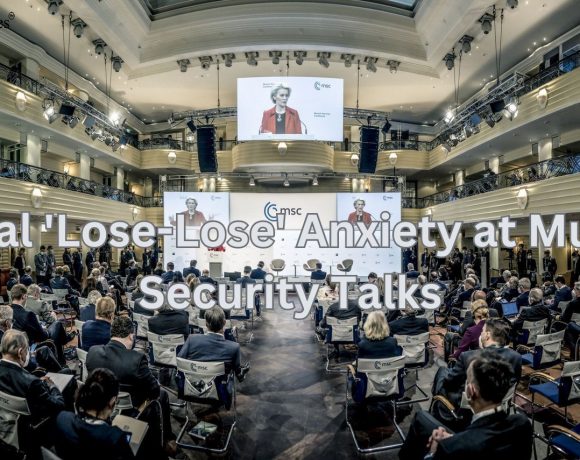
The Munich Rule emphasizes engagement and interaction over lecturing or ignoring one another. However, at the 60th Munich Security Conference (MSC), attention was drawn to the absence of two influential figures: former US President Donald Trump and Russian President Vladimir Putin. Their potential impacts on the transatlantic relationship and global stability were significant topics of discussion, especially in light of Putin’s actions regarding Alexei Navalny and Ukraine.
The conference reflected a world characterized by increasing confrontation and diminishing cooperation, as noted by EU’s Josep Borrell. The theme of “lose-lose” dynamics pervaded discussions, highlighting the deepening geopolitical tensions and economic uncertainties.
David Miliband, CEO of the International Rescue Committee, described the conference as emblematic of a disorderly world marked by impunity, exemplified by Navalny’s situation. Navalny’s wife, Yulia Navalnaya, made a powerful statement condemning Putin’s regime, underscoring the personal stakes involved in global politics.
Russia and Iran’s absence from the conference signaled a lack of interest in meaningful dialogue, contrasting with past confrontational speeches by their representatives. Ukrainian President Volodymyr Zelensky stressed the urgency of Western support amid ongoing conflict, especially with US assistance facing obstacles in Congress.
The Israel-Gaza conflict highlighted the international community’s call for a ceasefire and humanitarian aid, but Israeli delegates emphasized the strategic necessity of their actions against Hamas.
The conference, with its record attendance, showcased the diverse array of global stakeholders grappling with shifting notions of security. While historically a platform for diplomacy, this year’s event primarily focused on dialogue and assessment amid heightened global tensions.
Picture Courtesy: Google/images are subject to copyright
